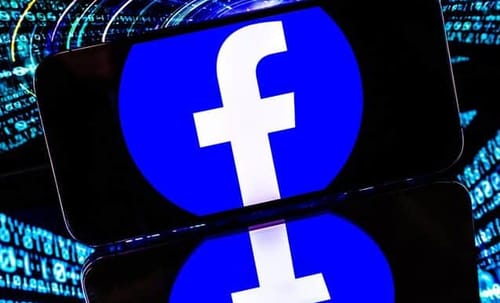 |
| Facebook is optimistic about attracting more people |
Facebook has demonstrated new technologies designed to help the next billion people use the Internet faster. This technology includes a robot called Bombyx that can quickly install fiber-optic cables over phone lines in a fraction of the time it would normally take.
The company also showcased Terragraph, a wireless technology that can provide fiber-optic-type wireless networks in areas that are hard to reach with cables.
The company also unveiled a new submarine cable called 2Africa Pearls, which has become the world's longest submarine cable system, connecting the Internet to Africa, Europe and Asia.
Mike Schroeber, CTO of Facebook, said at a press conference that this cable could triple internet bandwidth to Africa.
The robot is the most attractive project, if it is rotated it can slide along the wire. The fiber-optic cable is automatically wrapped around the telephone line. And because the robot can quickly navigate along electric lines and even cross power pylons. It can greatly speed up the fiber installation time and reduce the cost.
The company said it has connected more than 300 million people using the faster internet. With the increasing popularity of the Internet, the technology that enables people to connect to the Internet has not kept pace.
Even per capita data usage is increasing by 20-30% every year, the company said. Almost half of the world is up. There is not enough internet connection or it is completely offline.
Facebook is looking for different ways to expand internet access
And the fibers have great potential to improve connectivity. But in 2019, more than 70% of the world's population still lives within a radius of 10 km on fiber optic networks.
“People want to communicate better than they do today,” Schrober says. There is still much to be done to improve this digital experience.
Internet connection provides better functionality. For example, in Nigeria, an increase in broadband connections has led to a 7.8% increase in the likelihood of people being employed in areas with fiber optic cable connections.
This means that for every million people living in areas with fiber optic connections, there are 78,000 jobs. In the Democratic Republic of the Congo, improved connectivity led to a 19% increase in GDP per capita.
The company has been committed to accelerating access since 2013. Submarine cables connect all continents and are the backbone of the global Internet.
The company's first transatlantic submarine cable system connects Europe and the United States. This new cable provides 200 times the internet capacity of a transatlantic cable in the 2000s.